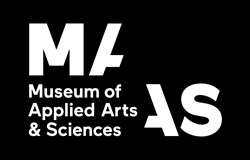When: Monday 12th November, 10:25am – 12:55pm
Where: L2, Level 2 to the left of the registration/foyer area, down the hallway and through the doors on the right
Hashtag: #M6
Does gender matter when it comes to science communication? What about intersectionality? This session will explore how identity and demographics can influence opportunity for science communicators (and professionals within STEM more broadly) and what strategies can be employed to target self-perception and reframe gender stereotypes. This interactive session is designed to get you thinking and talking to others in the field in engaging, thought provoking activities.
Presenter
Merryn McKinnon, Lecturer, Centre for the Public Awareness of Science, The Australian National University
